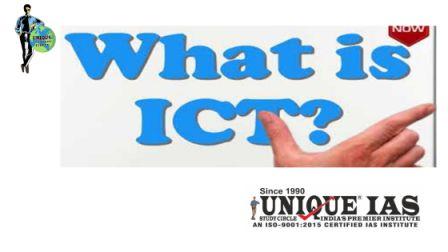Switzerland’s Decision to Eliminate Import Duties
Context
? As per the Global Trade Research Initiative (GTRI), Switzerland’s policy to allow tariff-free entry from all countries limit gains for India under the proposed trade agreement with European Free Trade Association (EFTA).
? Switzerland has abolished tariffs on products, including chemicals, consumer goods, vehicles, and clothing.
Switzerland, as India’s top export destination in EFTA, eliminating import duties means increased competition for Indian products. This competitiveness challenges the effectiveness of the Free Trade Agreement (FTA) with EFTA.
About European Free Trade Association (EFTA)
? It was set up in 1960 by its then seven Member States for the promotion of free trade and economic integration between its members.
? Trade with India: In 2022, the combined EFTA-India merchandise trade surpassed USD 6.1 billion.
? The primary imports to the EFTA States consisted of organic chemicals (27.5%), while machinery (17.5%) and pharmaceutical products (11.4%), constituted the main exports to India.
About India’s Trade and Economic Partnership Agreement (TEPA) with EFTA
? Talks on the trade deal began in 2008 and negotiations resumed again in 2016.
? The latest round of negotiations covered trade in goods and services, rules of origin, Intellectual property rights (IPR), trade and sustainable development, sanitary and phytosanitary measures, technical barriers to trade, trade remedies, and customs and trade facilitations.
How does Switzerland’s Policy Effect India’s Gains under EFTA?
? Effect on Negotiations: Switzerland’s decision changes the dynamics of the negotiations as it has profound implications for India’s gains from the ongoing India-EFTA trade agreement.
? Increase in Market Competitiveness: Switzerland is India’s top export destination in EFTA and the import duty abolition means that Indian products would face a higher degree of competition in Switzerland despite a FTA with EFTA.
? No gains in Agricultural Exports: Exporting agricultural produce to Switzerland remains challenging due to the complex web of tariffs, quality standards, and approval requirements.
? EFTA, including Switzerland, has shown no inclination to make agriculture tariffs zero on most basic agricultural produce.
? Consequently, with zero industrial tariffs and the difficulty in exporting agricultural produce to Switzerland, India’s prospective gains in merchandise exports are effectively nullified.
? Trade Deficiet with Switzerland: In FY2023, India’s imports from Switzerland stood at $15.79 billion, in stark contrast to its exports of $1.34 billion, leading to a substantial trade deficit of $14.45 billion.
? Switzerland’s policy will widen this trade deficit further.
Conclusion
? The trade agreement in the current format will not help Indian exports and will result in higher imports and wider trade deficit.
? India must navigate these negotiations with a focus on balancing trade, protecting domestic interests, and securing a fair and beneficial agreement.



.jpg)
.jpg)


.jpg)
.jpg)




